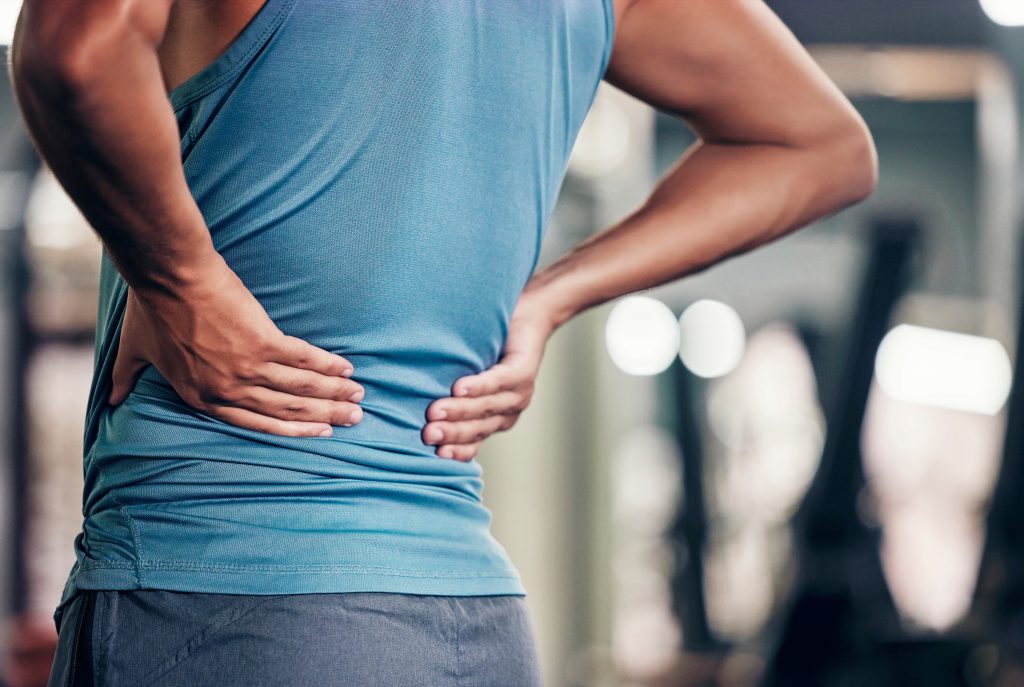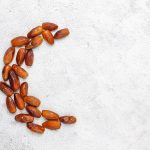Do you want to make oxalate stones dissolve quickly because you’re in pain? There are so many myths and misconceptions surrounding oxalate stones! Unfortunately for people looking for a fast way to get rid of oxalate stones, this can mean that getting answers is difficult. Will apple cider vinegar dissolve oxalate stones? Is my diet responsible for my oxalate stones? Are there foods to eat to prevent oxalate stones? How much water should I drink to get rid of oxalate stones? Let’s break down fact versus fiction when it comes to dissolving oxalate stones.

Fact: Drinking Water Can Help Uric Acid Oxalate Stones Dissolve
There is some truth behind the advice to keep drinking water if you’re suffering from oxalate stones. Generally, getting in up to six 8-ounce glasses of water spread throughout the day daily can help to flush stones from your urinary tract. Of course, staying consistent with your hydration by drinking this amount of water spread through the day daily could help you avoid getting oxalate stones in the first place. While “flushing out” oxalate stones does have its benefits, it’s also important to make sure you aren’t drinking too much water. When we drink excessive amounts of water, the kidneys can’t process the extra water fast enough. When this happens, the body enters a life-threatening state called hyponatremia that’s caused by the blood’s sodium content becoming too diluted.
Fiction: Ditching Calcium Is a Fast Way to Get Rid of Oxalate Stones
Many people assume that calcium is the big culprit behind oxalate stones. That’s why you’ve probably heard that good nutrition for oxalate stones involves cutting out cheese, milk, and other forms of dairy. Calcium intake isn’t the problem. What most of us know as “calcium stones” are calcium-oxalate crystals that are caused by your body absorbing too many oxalates. This is why good nutrition for oxalate stones involves avoiding peanuts, almonds, rhubarb, beets, chocolate, potatoes, and other high-oxalate foods! Also, the latest research seems to recommend consuming calcium rich foods at the same time-consuming oxalate foods as this way the oxalates have a better chance of combining with the calcium in the stomach and intestines and ultimately passing with your stool rather than making their way to the kidneys.
Fact: You Can Use Apple Cider Vinegar to Help In Your Fight with Oxalate Stone Challenges
Will apple cider vinegar dissolve oxalate stones? The answer isn’t as simple as most people assume. One study from 2017 did find that consumption of fermented vinegar was linked with reduced risk for oxalate stone formation. It’s believed that the citric acid in apple cider vinegar may help to dissolve stones to the point where they become easier to pass. The alkalizing effect of apple cider vinegar may also help to ramp up the body’s production of a substance called hydrochloric acid that is known to help stop stone-causing minerals before oxalate stones form. But do not count on Apple Cider Vinegar to be the end all solution.
Fact: Lemon Juice Is a Home Remedy That May Help Assist in Dissolving Oxalate Stones
Fact: There Are Foods to Eat to Help Stop Oxalate Stones from Forming
It’s true that some foods can help prevent crystal formation in the kidneys. Foods containing high amounts of citric acid, magnesium citrate, potassium, phytate and/or vitamin B6 all may help and of course you at the same time want to keep your intake of oxalates, sugar, and salt to a minimum. Check your nutritional fact panels before buying your foods.

The Kidney Stone Diet Chart – Foods to Eat and Foods to Avoid
When it comes to treating kidney stones, how we live and what we eat can make a significant difference. Read this blog to know the ways to manage kidney stones.
Final Thoughts
A quick fix is hard to come by if you’re looking for foods to eat to prevent kidney stones. Being consistent with hydration is one of the best ways to help stop oxalate stones from forming. While drinks involving lemon juice and apple cider vinegar for oxalate stones can provide some relief, they often work too slowly to offer significant benefits for someone who is in pain and for many these home remedies are simply not enough. You may need the help of a tested supplement over and above just diet. You should always in all cases see your urologist or nephrologist or general practitioner to discuss all your options as only he or she knows all your medical challenges.
